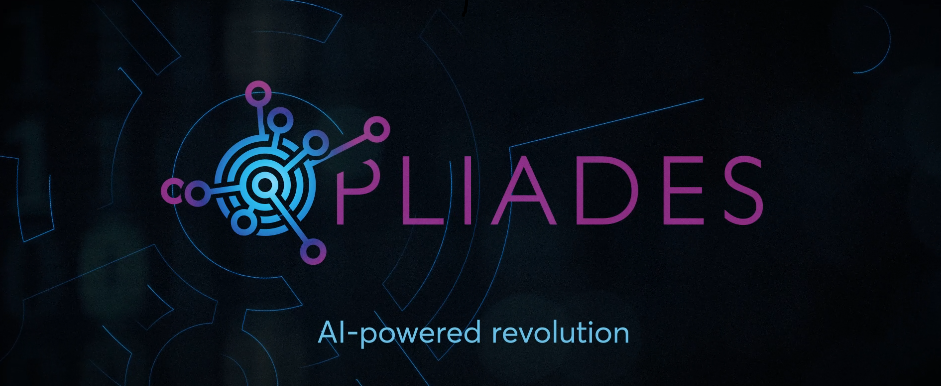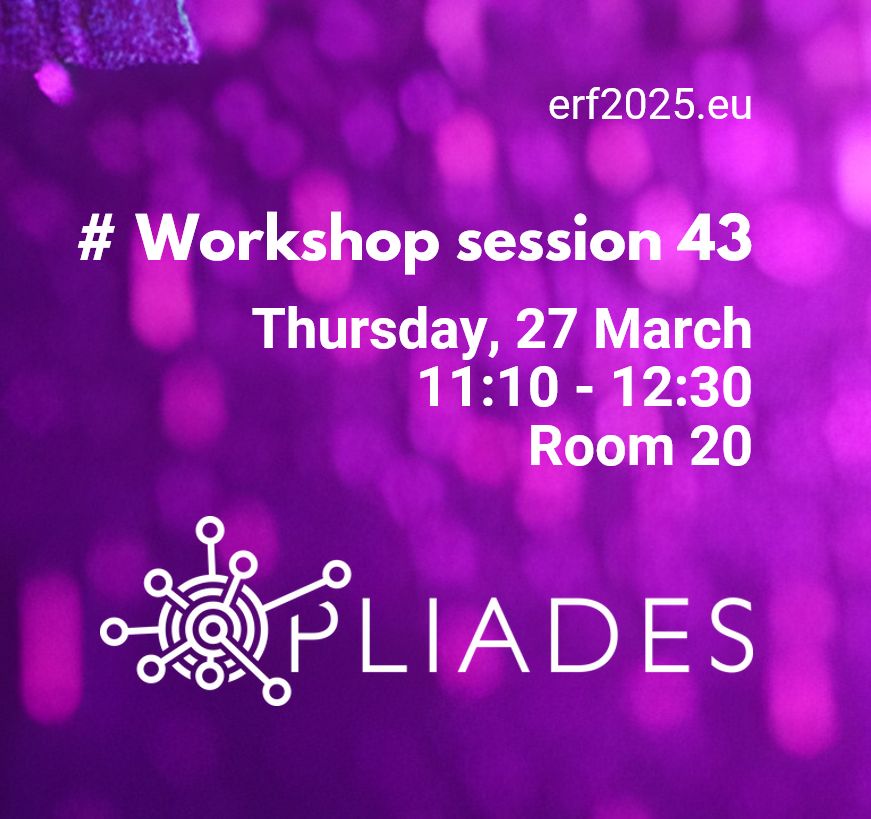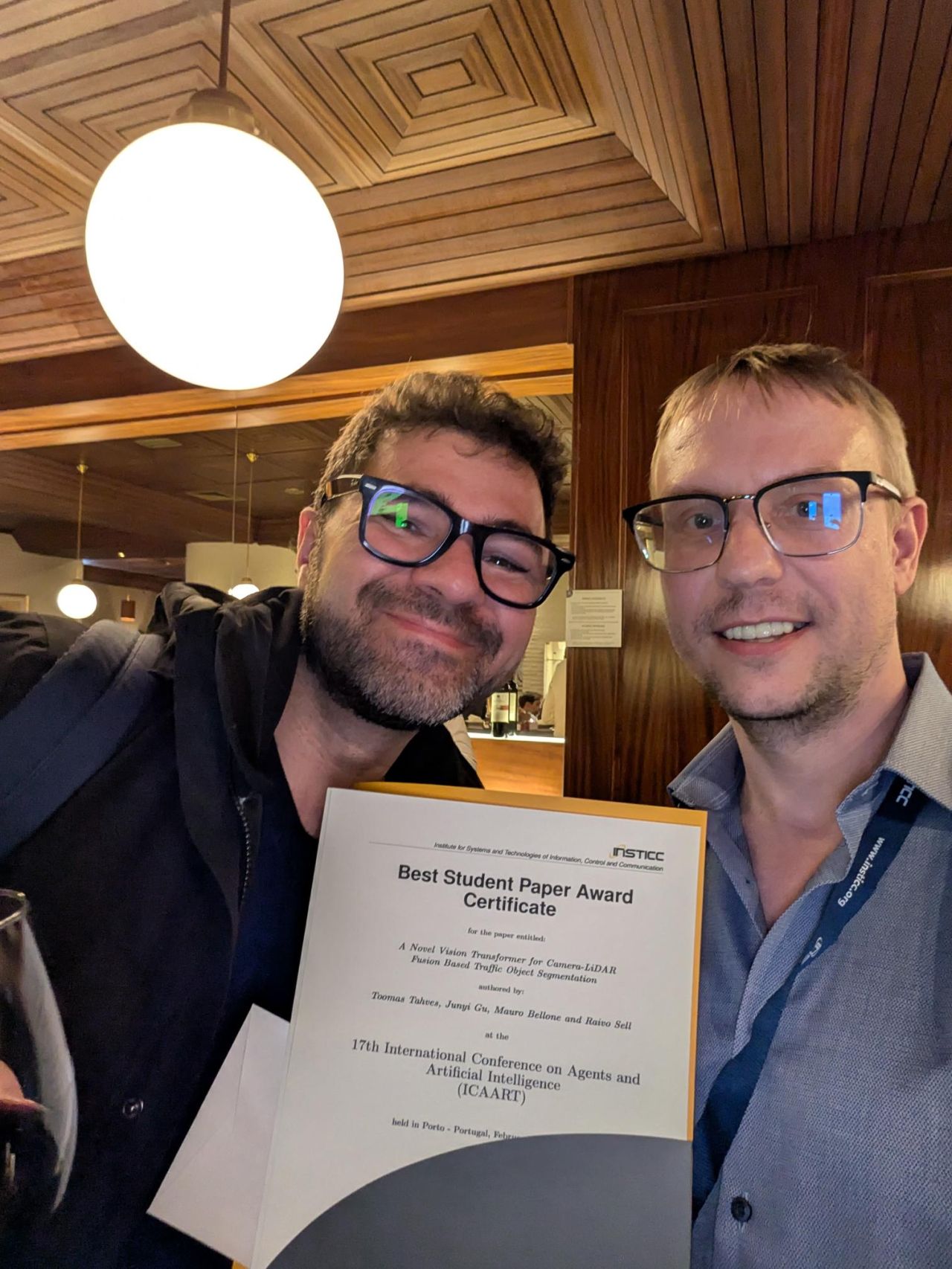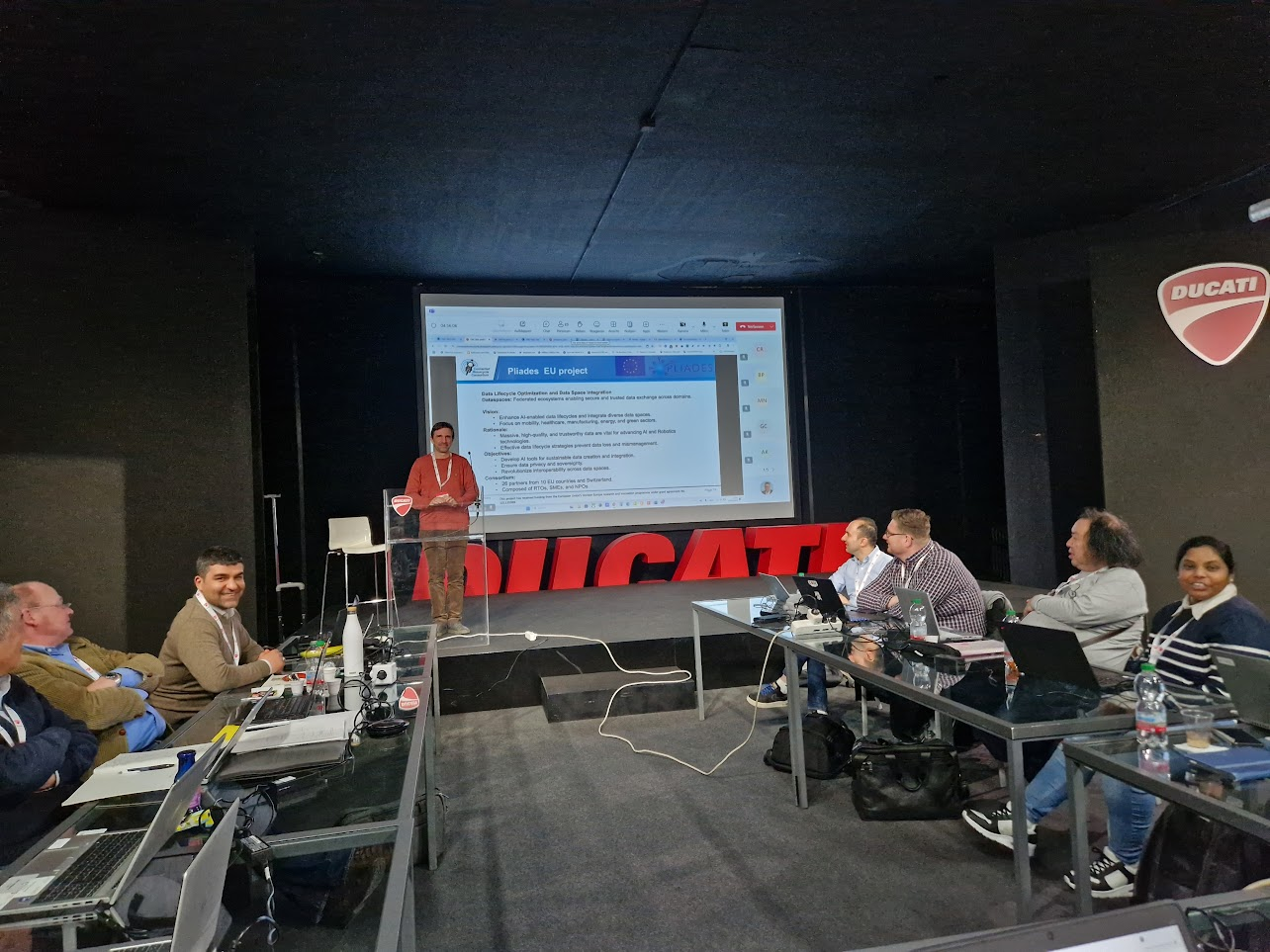We are pleased to introduce the Ethics Advisory Board of the PLIADES project, a dedicated team responsible for ensuring that our research and development activities adhere to the highest ethical standards. This board will play a critical role in overseeing and advising on various ethical, privacy, gender, and social issues that arise throughout the course of our project.
Responsibilities of the Ethics Advisory Board:
- Oversight and Advice: The board will provide ongoing oversight and advice on ethical, privacy, gender, and social issues related to project research and the development of PLIADES use cases.
- Review Key Documents: Members will review essential documents such as the Ethics Handbook and the Report on the Analysis of Project-Relevant Regulatory, Societal, Ethical, and Gender-Equity Issues to ensure comprehensive ethical compliance.
- Ad Hoc Meetings: The board will participate in ad hoc meetings to discuss and provide guidance on emerging ethical, privacy, gender, and social challenges and the implications of our project outcomes and creations.
- Ethical Approval: If necessary, the board will secure ethical approval to conduct the project research, ensuring all activities meet stringent ethical standards.
The Ethics Advisory Board will continuously monitor research ethics, business ethics, and specific issues related to confidentiality, privacy, and the processing of data for law enforcement purposes. They will have full access to all project activities and deliverables to ensure thorough oversight.
Meet Our Ethics Advisory Board Members:
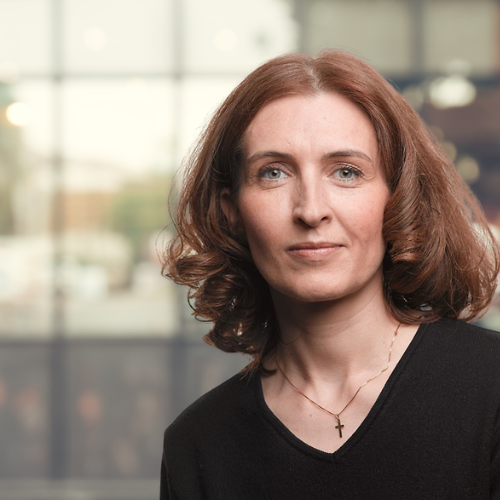
Gabriela Bodea MA is senior research scientist with TNO. She has over 17 years of professional experience and her area of research is the social impact of ICT. She specializes in privacy and data protection in relation to ICT, and in particular in relation to various (applications of) emerging technologies. Her research areas include data protection and privacy, (cyber)security; and the digital single market. Relevant recent services include those of: principal investigator on a study into the social and economic impact of Artificial Intelligence in public services for EC/JRC; co-investigator on a study into the Dutch cybersecurity innovation landscape for the Netherlands Ministry of Economic Affairs; co-investigator on an evaluation of the proposal for a European Health Data Space for the Netherlands Ministry of Health, Welfare and Sport; principal investigator on a study for DG JUST into automated decision-making and the Privacy Shield. Recent areas of research include: commercial and public online platforms.
Javier Del Ser holds a PhD (Cum Laude) in Control Engineering and Industrial Electronics from the University of Navarra (Spain), and a second PhD in Information and Communication Technologies (also Cum Laude and awarded the Extraordinary PhD Award) at the University of Alcala de Henares (Spain) in 2013. He is currently a Professor at the Department of Communications Engineering of the University of the Basque Country (EHU/UPV), and a Research Professor and Chief Scientist in Applied Artificial Intelligence at TECNALIA. He is also a Distinguished Professor at the University of Granada (Spain). His research interests are Artificial Intelligence, machine learning, deep learning and optimization applied to practical learning tasks arising from problems in different sectors, including energy, health, transportation and mobility, among others. He has published close to 500 scientific-technical publications to date in these fields, edited 4 books, supervised 16 doctoral theses, and participated/directed more than 60 projects and contracts. He has been included in the list of the top 2% most influential AI researchers worldwide by the Stanford University (2021, 2022 and 2023). He has also been part of the team that developed the R\&D\&i strategy in Artificial Intelligence for the Government of Spain (2019). He is an associate editor of several tier-one journals in the field of Artificial Intelligence, such as Information Fusion, Swarm and Evolutionary Computation and Cognitive Computation.
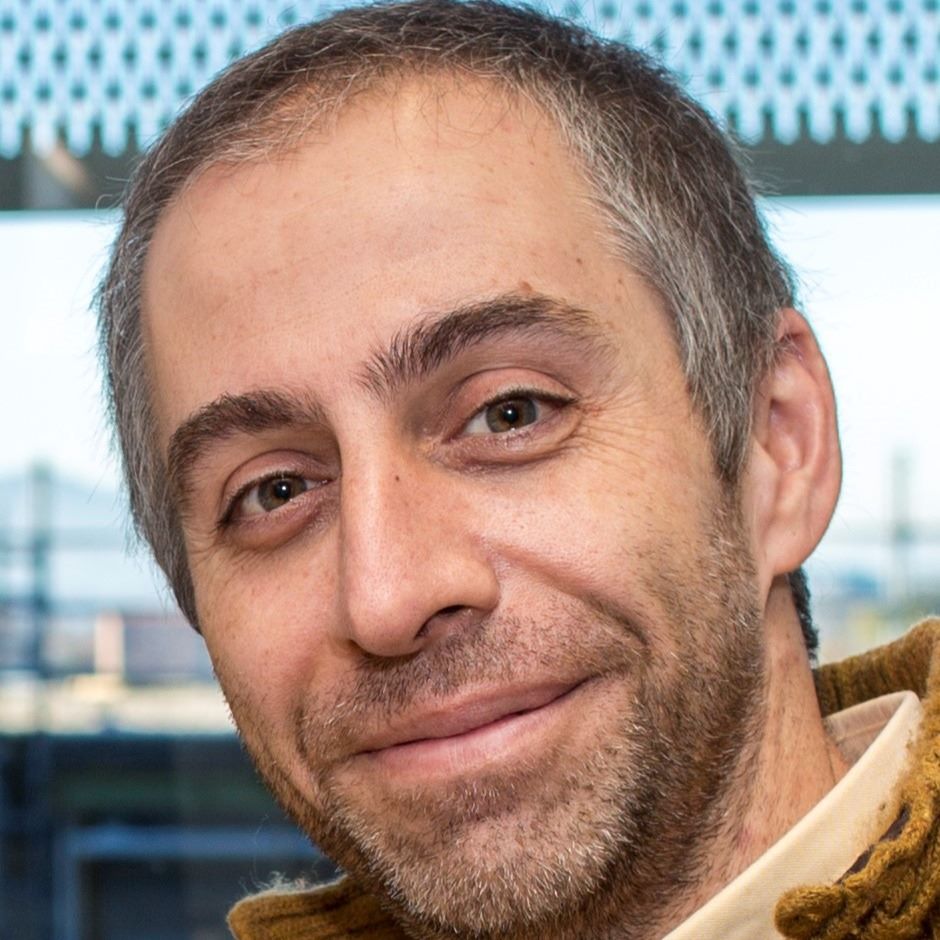
Andrej Pastorek holds an M.Sc. in Economics from the University of Economics, Prague. Pastorek has over 15 years of experience as a CIO in computer distribution and manufacturing companies. From 2009 he works as a security research project manager at the Czech Technical University in Prague and has participated in several EU-funded projects related to cybersecurity, IoT and counter-terrorism.
Prof. Ondřej Přibyl Ph.D. got his Master degree at the Czech Technical University in Prague, Faculty of Electrical Engineering in the area of technical cybernetics. He graduated at PennState University in the USA in the field of transportation planning.
Since 2003 he has been working as an associate professor at the Czech Technical University in Prague, Faculty of Transportation Sciences, Department of Applied Mathematics. He has also been working as a system architect at the German company JENOPTIK Robot for the last 12 years and before that for two years as a system engineer at the Czech company ELTODO traffic systems.
From 2019 to 2022 he was the Head of the Department of Applied Mathematics at the Czech Technical University (CTU) in Prague, Faculty of transportation Sciences. From 2022 onwards he has been the Dean of the CTU, Faculty of transportation Sciences. His professional interest is in diverse fields, among others system theory, intelligent transportation systems, mathematical modeling, data collection and analysis, artificial intelligence or system enginee ring and requirements management. He has been working on several projects, both in academic as well as in the commercial sphere. Here we name for example project COST Action 355 “Changing behaviour Towards a More Sustainable Transport System” (GK ČVUT: 16014 /06), project INEP (VaV CG944-033-120 INEP – System for identifying traffic accidents and increase in the capacity of freeways), or as the manager of a work package related to System Engineering and Management for project ATVAM (Automated Traffic Violations Administering and Monitoring) in the Kingdom of Saudi Arabia.

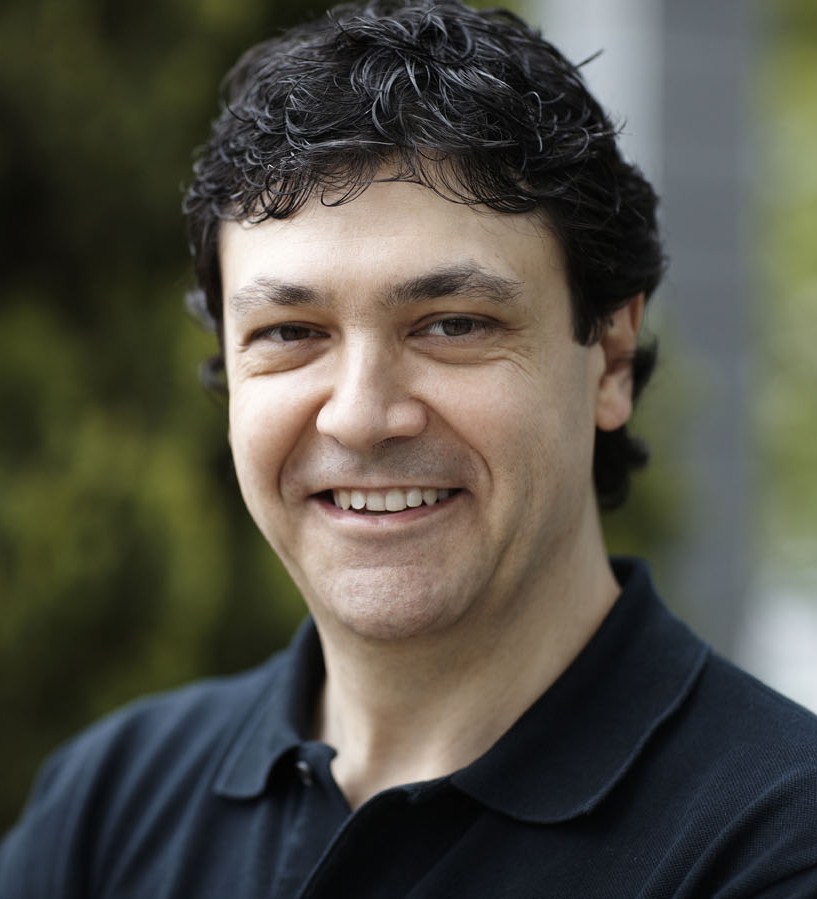
Jesus Santamaria is Chief Technology Officer of the Digital Unit in TECNALIA Research & Innovation, and member of the Board of Directors of Gaia-X Spain. With over 35 years of R&D international projects management experience, Jesus has participated in more than 50 European projects in the last EC Framework Programmes (FP7, H2020 and Horizon Europe) leading the TECNALIA working teams related to future internet, digital platforms, and ICT enabling technologies (as artificial intelligence, cybersecurity and DLT, cloud-edge-IoT or extended reality) for digital solutions. From 2020 Jesus was one of the initial members of the supporting group for the adoption of Gaia-X in Spain, and currently he is leading the Technology Working Group of the Gaia-X Spanish hub, where the data and service ecosystem is fostering the implementation of use cases and data spaces in different application domains (tourism, mobility, industry, agrifood, health). He has been part of the technical staff of DATES, the preparatory action for the European Tourism Data Space.
Sofia Segkouli is a member of the Visual Analytics Laboratory of CERTH/ITI and a senior researcher in the field of Healthcare for elderly, Information Technologies Institute, Centre for Research and Technology Hellas. Over the last six years she has an active role in Ethics, more specifically in the management of Large Scale Projects (LSPs) and also in the participation and collaboration on Action Groups (AG5) which are dedicated on Ethics in emerging technologies (e.g. IoT, AI et). She has also been assigned the role of ethics expert in the development a European Framework for ICT Professionals in all sectors and contributed to the publication of a CEN Technical Specification (CEN/TS) “European Professional Ethics Framework for the ICT Profession (EU ICT Ethics)” including a methodology and application guide. For more than 15 years, she participants as a Project Manager in numerus EU and national projects that concern mainly the health sector and vulnerable populations.

The PLIADES project is committed to maintaining ethical integrity and our Ethics Advisory Board is pivotal in upholding these values. We are confident that their guidance will ensure our project’s success in a responsible and ethically sound manner.
